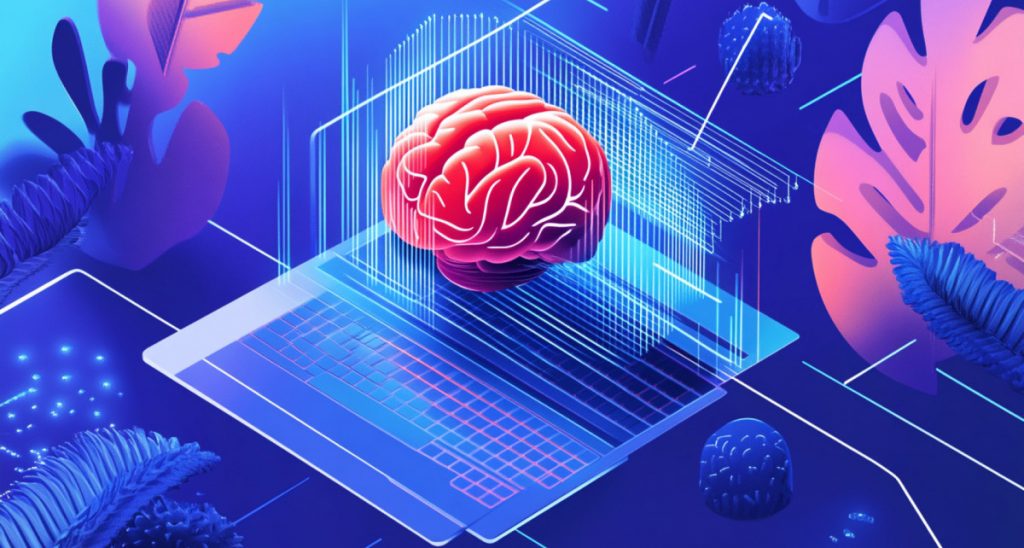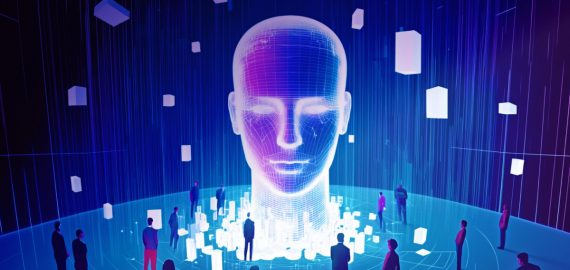Top 7 AI Courses of 2025 for All Levels


In Brief
AI is transforming various industries, but challenges remain, necessitating certifications to address issues like data privacy and workflow integration.

Artificial Intelligence has transitioned from the lab into real life, it is now transforming healthcare, finance, marketing, and beyond. While many organizations are using AI throughout their operations, most organizations are still figuring out how/when to use it appropriately. Common challenges include implementing AI into existing workflows, selecting and evaluating the appropriate models, and the ever-difficult privacy concerns around data. This is where certifications come in.
The best AI courses don’t just impart knowledge; they also build valuable skills in you that solve real-world problems. If you are a marketer, a developer, or a team lead, the right training will make you indispensable in an AI-enabled workplace. Here are seven of the most helpful AI certifications to consider in 2025.
1. AI For Everyone — DeepLearning.AI
If you’re interested in an introduction to AI, this would be a good place to start, especially if you’re not from a technical background. Taught by Andrew Ng, it provides an introduction to the basics of AI, its application in the real world, and in business and society. There is a focus on how to practically understand AI – how you will use AI, rather than how to build it.
The course would be particularly useful for professionals, product managers, and executives who want to lead a project involving AI, or work with an AI technical team. This course has no prerequisites and is a requirement for anyone who wants to future-proof their career and understand how AI is impacting the world.
- Duration: 6 hours
- Cost: Free to audit; $49 for certificate
- Who It’s For: Non-technical professionals, managers, and anyone curious about AI’s impact on work and society
2. AI for Marketing — HubSpot Academy
This free course by HubSpot teaches marketers how to leverage AI to personalize campaigns, automate tasks, and analyze customer data more efficiently.
You’ll learn about AI tools for writing, customer segmentation, and campaign performance tracking. The course also covers prompt engineering basics for marketing-related tasks. It’s particularly helpful for small business owners and content creators who want to increase efficiency without hiring a full tech team.
Its short length and hands-on focus make it perfect for busy professionals. You’ll walk away with actionable strategies to use AI today—not just someday.
- Duration: 2 hours and 49 minutes
- Cost: Free
- Who It’s For: Marketing professionals, freelancers, small business owners
3. Deep Learning Specialization — Coursera / DeepLearning.AI
This five-course specialization dives into the core technologies behind today’s AI boom—especially deep learning. You’ll cover everything from neural networks and hyperparameter tuning to convolutional networks and sequence models.
It includes coding exercises using Python and TensorFlow, along with real-world projects that reinforce each concept. Taught by Andrew Ng and other top instructors, it’s one of the most respected programs in the field.
Ideal for learners with some ML knowledge, this specialization helps bridge the gap between academic theory and building production-ready AI systems.
- Duration: ~5 months (flexible, self-paced)
- Cost: Free to audit; $49/month for certificate
- Who It’s For: Intermediate learners, software engineers, data scientists wanting to specialize in AI
4. Applying Generative AI as a Business Professional — LinkedIn Learning
This course is centered around implementing artificial intelligence to the daily operations of your business, using tools like ChatGPT, Jasper, and Midjourney.
It is specifically built for professionals who don’t want to work harder but want to work smarter, by automating emails, ideation, visuals and much more. The course lessons surround practical prompts, ethical considerations and application in workflows.
This course developed an approachable and practical format while providing actionable tips. This course is ideal for marketers, managers and solopreneurs and anyone looking to use generative AI as a non-technical application.
You will receive a certificate with LinkedIn Learning that increases credibility to your LinkedIn profile.
- Duration: 15 hours
- Cost: Free for 1 month; $39.99/month (or $24.99/month annually)
- Who It’s For: Business professionals, content creators, and marketers seeking to boost productivity with AI tools
5. AI Programming with Python — Udacity
This program offers a strong foundation in both Python and essential AI concepts.
You’ll learn linear algebra, probability, and object-oriented programming—alongside key machine learning frameworks like NumPy and PyTorch.
By the end, you’ll build your own neural networks from scratch. It’s not for beginners, but for those with some coding experience looking to break into AI development.
Real-world projects, mentorship, and career support make it an all-in-one option for serious learners. This is a solid stepping stone toward becoming an AI or ML engineer.
- Duration: 3 months (at 10 hours/week)
- Cost: $399/month
- Who It’s For: Aspiring AI developers, coders, and technical professionals
6. Generative AI with LLMs — DataCamp
In this course, you will have the chance to get plenty of hands-on experience with large language models like GPT and BERT.
You will learn how they work, how to fine-tune them by leveraging Hugging Face, and how to build a variety of projects such as chatbots and summarizers. This course is heavily geared toward technical professionals and has a good mix of theory and coding practice using Python and open-source tools.
This is the place to start if you want to go beyond simply prompting ChatGPT and actually train or deploy LLMs. This will be a short and practical course, and will have significant applicability for data scientists and engineers working on NLP applications.
- Duration: ~4 hours
- Cost: Free with trial; $25/month for full access
- Who It’s For: Developers, data scientists, and technical professionals interested in customizing AI models
7. Google Advanced Data Analytics Certificate — Coursera
Google’s Advanced Data Analytics certificate is a comprehensive and challenging program involving foundational machine learning, data science workflows, and techniques for deploying AI models.
You’ll also use Python, TensorFlow, and BigQuery to work on real-world cases. This is a professional certificate, and is intended for those who are already comfortable with data basics and want to transition into an AI role.
You’ll also pick up experience with cloud-based AI tools which organizations increasingly leverage. You will receive a Google-branded certificate upon completion, which is well-recognized by employers worldwide.
- Duration: ~6 months (10 hrs/week recommended)
- Cost: $49/month via Coursera
- Who It’s For: Data professionals, analysts, and ML beginners with some experience
FAQs
Are AI certifications worth it in 2025?
Yes. As more businesses deploy AI tools, certifications provide both credibility and practical skill sets that employers need. They’re especially valuable when paired with real-world projects or portfolios.
Do I need a coding background?
Not necessarily. There are courses such as AI For Everyone or AI for Marketing that require no technical skills at all. Technical courses tend to require at least some familiarity with Python and basic levels of math, such as in the Deep Learning Specialization.
Will I get a job with these certifications?
Certifications can enhance your resume and help secure interviews, but employers want project experience and problem-solving skill. Take the knowledge you develop to create an online portfolio even if it’s through personal or freelance work.
How do I choose the right course?
Consider your goal. Are you experimenting with AI, using it in your current role, or are you looking to become an ML engineer? Your goal will dictate the best course level and content for you.
Which AI Course Should You Take in 2025?
The best AI course for you will depend on where you are with your career and where you want to go. If you’re a total newbie to AI, AI For Everyone is a great place to start. If you’re a marketer, you’ll get instant value out of AI for Marketing and LinkedIn’s Generative AI course. If you’re dead serious about being an AI developer or data scientist, the Deep Learning Specialization will give you a foundational base.
Regardless of which option you would like to choose, one thing is certain: you can no longer regard AI as a luxury. It is a skill. And in 2025, it will be a skill that will you recognize your career.
Disclaimer
In line with the Trust Project guidelines, please note that the information provided on this page is not intended to be and should not be interpreted as legal, tax, investment, financial, or any other form of advice. It is important to only invest what you can afford to lose and to seek independent financial advice if you have any doubts. For further information, we suggest referring to the terms and conditions as well as the help and support pages provided by the issuer or advertiser. MetaversePost is committed to accurate, unbiased reporting, but market conditions are subject to change without notice.
About The Author
Victoria is a writer on a variety of technology topics including Web3.0, AI and cryptocurrencies. Her extensive experience allows her to write insightful articles for the wider audience.
More articles

Victoria is a writer on a variety of technology topics including Web3.0, AI and cryptocurrencies. Her extensive experience allows her to write insightful articles for the wider audience.


















































